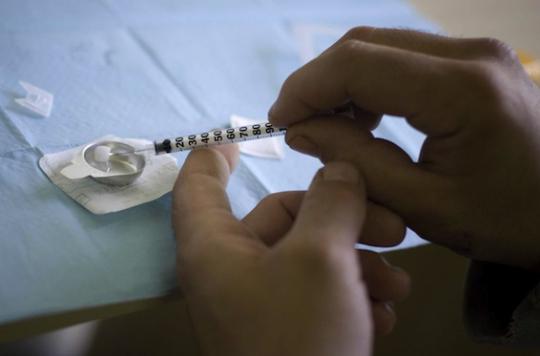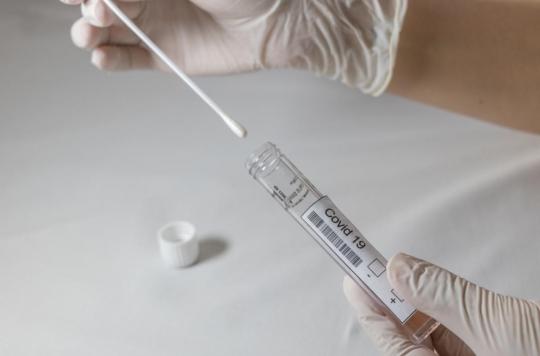Singaporean researchers have developed a hydrogel that allows drug injections to be spaced out and reduces treatment-related side effects.

Currently, the standard treatment for hepatitis C is injection of peginterferon. But this treatment is heavy. It requires one injection per week for 24 to 48 weeks. That’s why Singaporean researchers have developed a hydrogel – a gel in which the drug is encapsulated – that helps control the rate of drug release.
In their study, published online in the journal Biomaterials, the researchers explain that these small balls are reservoirs. After injection, these break down to release the active ingredient in the body. Scientists also indicate that the size of the beads influences the rate at which the drug is released. The smaller they are, the slower the speed and the longer the drug delivery time, and vice versa.
As effective as 8 injections
According to their experiments, one injection of the “hydrogel-peginterferon” mixture was as effective as 8 injections of the drug alone. The effect of the latter would last up to two months maximum. The gel is then naturally eliminated by the body.
“This work improves the therapeutic efficacy of treatments while reducing the need for frequent injections,” concludes Dr. Motoichi Kurisawa, study leader and research director at the Institute of Bioengineering and Nanotechnologies. I believe that our method can lead to the development of an effective and safe treatment for hepatitis C. We are also testing our hydrogel in the treatment of other chronic diseases. “
.













-1590362612.jpg)

